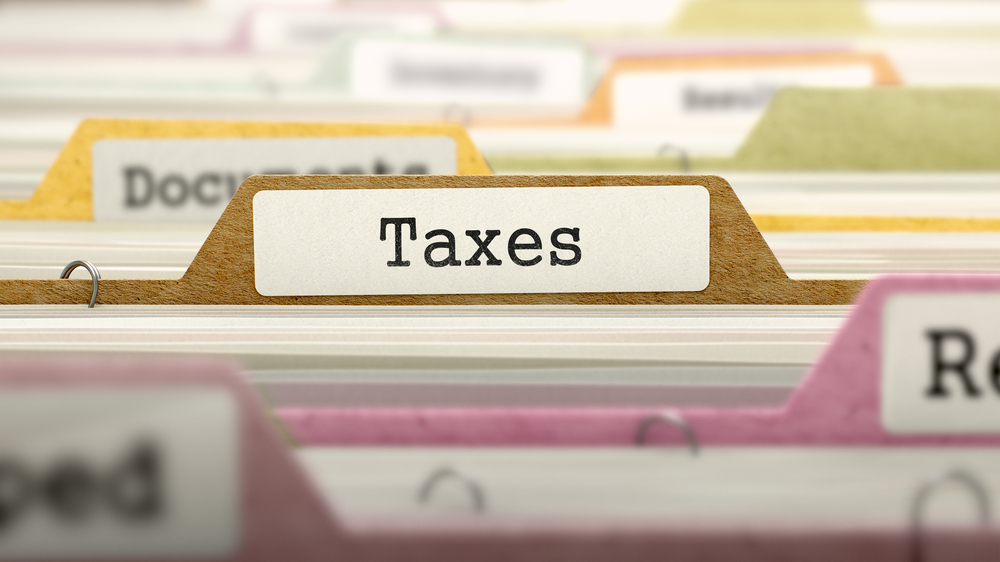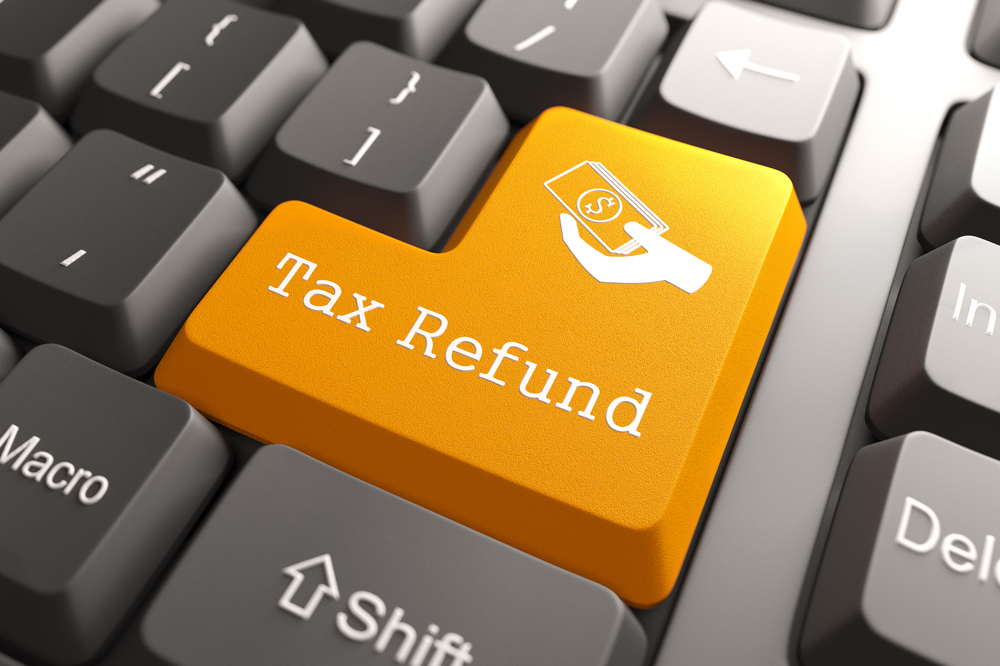Section 179 Vehicles: What to Know
The Section 179 tax deduction lets small businesses deduct the cost of qualifying equipment rather than depreciating the cost over several years. It...

The start of the New Year is a fantastic time for business owners to begin planning for the business tax season. Taking steps now can help ensure a seamless and more organized process when it comes time to file your tax return. On top of that, you can get all of your business tax deductions in order and not have to rush at the last minute.
Every penny counts, and finding ways to save on taxes can significantly impact your bottom line. Many tax deductions tailored to businesses are available; they can help you keep more of your hard-earned money. By taking advantage of these deductions, you can reduce your tax burden and free up additional funds to reinvest into your business.
In this Huddle Business Capital blog post, we dive deep into small business tax deductions and explain how you can save money while staying compliant.
Small business tax deductions are expenses the IRS lets you deduct from your company's total revenue when calculating your taxable income for the year. These deductions are business expenses deemed "necessary and ordinary" for the operation of your company. By subtracting these eligible expenses from your revenue, you can effectively lower the amount of income subject to taxation.
Navigating the complex world of small business tax deductions can be daunting. However, understanding the Internal Revenue Service (IRS) guidelines and record-keeping requirements and avoiding common mistakes can save you time, money, and potential headaches.
If you need clarification on specific expenses and if they qualify for a tax deduction, consult with your accountant or tax professional. They have the expertise and knowledge of the various tax deductions for businesses and can guide you in the right direction.
Whether you use a car, truck, or van for your business, understanding the intricacies of vehicle deductions and mileage tracking can save you time and money come tax season. If you use your vehicle exclusively for business purposes, the cost of ownership can be deducted, provided you meet the rules for vehicle deductions set forth by the IRS. In the event that you use your vehicle for business and personal purposes, the only deduction allowed is the business use cost.
Another standard method to claim vehicle expenses is through the mileage deduction. You can deduct a specific amount per mile on your tax return by keeping track of the miles driven for business purposes. The standard mileage rate has been known to change, so contact your accountant or tax advisor for the current rate. This information is also available on the IRS website.
The Section 179 tax deduction lets businesses deduct the cost of eligible equipment (also referred to as "property") in the year it is acquired (purchased, leased, or financed) and placed in service. This means you can immediately write off eligible assets' full or partial cost rather than depreciating them over multiple years.
This business-friendly deduction can reduce your overall taxable income, resulting in substantial savings. Huddle Business Capital developed a helpful Section 179 calculator that shows estimated tax savings based on the cost of equipment.
Some of the most widely used office supplies that are used for business can be deducted from your taxes. These include stationery (letterhead, envelopes, business cards, and blank paper), printer ink, toner, staples, tape, pencils, and pens. If you ship letters and packages, you can deduct the cost of stamps, shipping labels, shipping packages, and postage charges.
Finally, keep receipts of paper plates, towels, bathroom tissue, coffee, beverages, and treats you purchase for your employees, as these items can also be deducted from your taxes.
Whether it's computers (desktops or laptops), mobile tablets, printers, software, hardware, telephones, or other tools for running your business efficiently, these expenses are typically deductible when used for business purposes. Other office expenses that might be deductible include Internet fees, website hosting costs, and website domain registration fees.
Suppose you hire a business lawyer, accountant, marketing firm or consultant, business consultant, or freelance marketing writer, to name a few. In that case, the fees you pay for these professional services are deductible if they are deemed ordinary and necessary for running your company.
Additionally, fees you pay for specific marketing expenses (e.g., advertising, promotions, public relations) might be eligible for a tax deduction.
Do you travel via airplane, automobile, or train to conduct business in areas away from your tax home? If so, keep receipts and records because the IRS has a lengthy list of approved business travel expenses. These include airfare, mileage, train fare, meals, lodging, parking/toll fees, taxi fees, and business telephone calls.
It is worth noting that the IRS limits business meal deductions to 50% of the cost of the meal or the standard meal allowance. Eating expensive meals at a five-star restaurant may be unreasonable on your tax return.
Generally, the IRS allows small businesses to deduct the premiums owners pay for certain types of business insurance. This includes but is not limited to property coverage, liability coverage, group healthcare insurance for employees, malpractice insurance, business interruption insurance, and workers' compensation insurance.
Talk to your accountant or tax advisor, as they can advise you on the types of premiums the IRS allows for deduction and those that are prohibited from being written off.
When it comes to preparing your taxes, the decision between hiring a tax professional or taking the do-it-yourself (DIY) route is an important one. While many business owners are tempted to save money by handling their taxes themselves, there are several compelling reasons why hiring a tax professional can be highly beneficial.
First and foremost, tax professionals possess in-depth knowledge and expertise in the world of tax laws and regulations. They are trained to navigate complex tax codes, ensuring that your return is accurate and maximizing your potential deductions. By enlisting their help, you can have peace of mind knowing that your taxes are being handled by a knowledgeable, capable professional.
Another advantage of hiring a tax professional is the time and energy it saves you. Tax preparation can be a time-consuming task that requires meticulous attention to detail. By outsourcing this responsibility, you free up valuable time that can be better spent on other aspects of your business.
This Huddle Business Capital blog article is purely educational and contains general information and opinions; it is not intended to provide advice or recommendations of any kind.

The Section 179 tax deduction lets small businesses deduct the cost of qualifying equipment rather than depreciating the cost over several years. It...

When small businesses purchase or finance equipment such as vehicles, machinery, office furniture, and computers, options are available to help...

From accounting fees to office supplies to website design, there is a seemingly endless number of tax deductions available to small business owners....